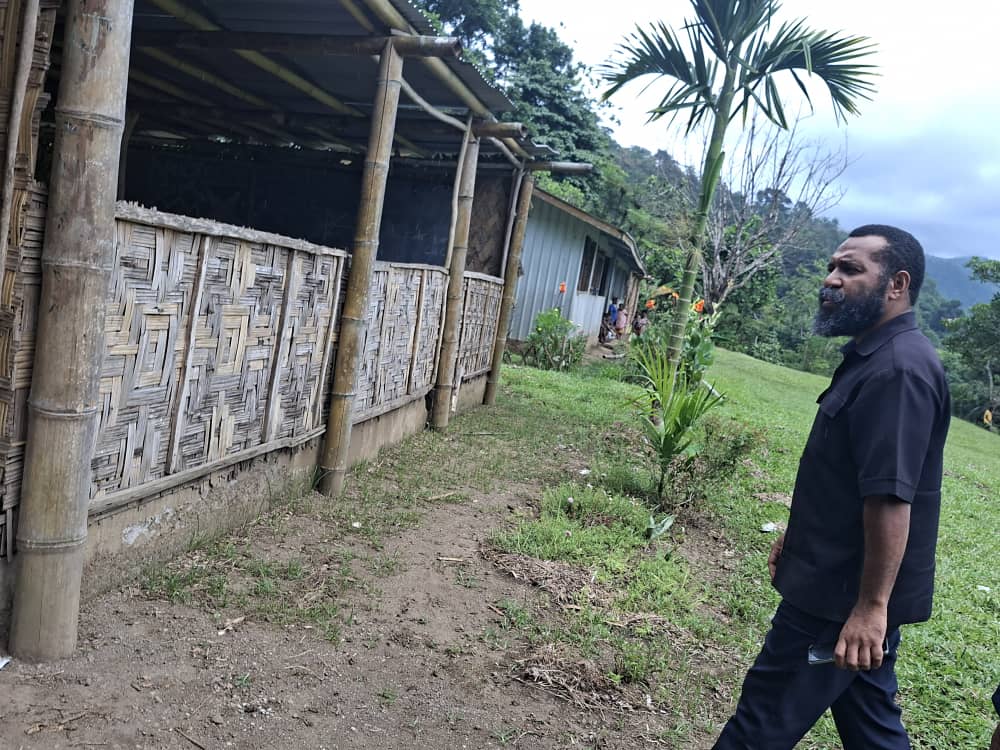The Association of Superannuation Funds of Papua New Guinea (ASFPNG) is calling for the State to repeal the K190 million Market Concentration Levy slated to be imposed on BSP Financial Group Limited (BSP) in July this year.
The Levy is indexed to grow each year by 5%, affecting only BSP as the major bank in PNG.
As a tax on profits, it is a tax on the shareholders and not BSP as a company. This means that the K190 million, +5% year on year, will be deducted from the dividends due to be paid to the shareholders.
Over 90% of BSP’s shareholders are hardworking Papua New Guineans.
Members of the three major Superannuation Funds that make up the ASFPNG own 25% of BSP shares.
As a result of the new Levy, the more than 800,000 members of Nambawan Super Limited (NSL), the National Superannuation Fund (Nasfund) and Comrade Trustee Services Limited (CTSL) can expect to lose over K317 million in asset values and reduced dividends, in just the first year of the Levy’s implementation. The Funds will also lose value through their shareholding in other companies who are also significant shareholders of BSP.
NSL’s over 208,000 members will lose nearly K26 million in dividends as well as an additional K131 million estimated in valuation losses from their 12% direct shares in BSP which is another major shareholder of BSP.
Nasfund’s 600,000 members can expect to lose more than K21 million in dividends and over K107 million in valuation losses through their 9.7% direct BSP shares and indirectly through shareholding in other companies who are also significant shareholders of BSP.
The 4,700 Defence Force members of CTSL will lose over K5 million in dividends and close to 5% in asset value with an expected K27 million in valuation losses.
ASFPNG believes the Levy is contradictory to the State's efforts to improve PNG’s investment appeal to investors.
In addition, BSP already meets significant tax and community service obligations.
Shareholders who are impacted may force BSP to scale back on some of their market shares to fall below the Levy threshold of 40% to ensure stabilised profit and dividends.
If BSP is forced to do this, then it would mean a reduction in the availability of credit in the Country. This will result in a reduction of loans being extended to regular Papua New Guineans that are looking to start up a business or even purchase a home.
The Levy was conceived without any consultation with ASFPNG and as such, the repercussions on working-class Papua New Guineans and the PNG economy as a whole have been drastically understated.
In the first year it is introduced, the tax of K190 million is estimated to reduce NSL and Nasfund crediting rates by 2-3% and CTSL’s crediting rate by 5%. This is a significant burden for members of the Super Funds who are the hard-working and already highly taxed workers of PNG.
As the Superannuation Funds finalise their audited accounts for FY 2021, the Funds have a duty to explain to its members how their funds performed and contributions to its success or otherwise for 2021. Members will be informed that they will receive less from BSP dividend payments and consequently a lower interest rate in 2023 as a consequence of this levy.
ASFPNG remains committed to supporting the State’s endeavours to raise revenue internally to aid sustainable budget repair and economic growth, however, not at the expense of our members.
Without any established welfare safety net, superannuation remains the only means for most Papua New Guineans to ensure a comfortable retirement and it is the duty of the Superannuation Funds to protect their savings.
ASFPNG strongly recommends the repeal of this Market Concentration Levy to rescind the aforementioned repercussions. We call on the State to continue an open dialogue with BSP and the Superannuation Funds to discuss recommendations of alternative means for increasing the State’s current revenue streams.
The repeal of this Levy would not only encourage increased performance and market value of BSP but more significantly, it would address the State’s pursuits to attract investors and grow the PNG economy for the benefit of all Papua New Guineans.
We reiterate, the levy is a decision that lessens the prospect for growth, investment returns and is not in the interest of our members.
We respectfully ask that Government rescind this decision and look at other revenue raising options.




